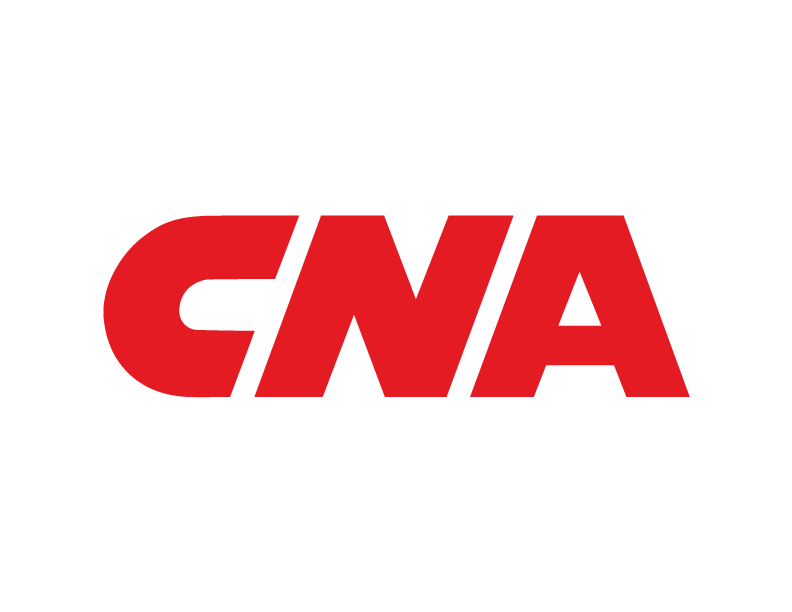Workplace Burn-out Among Healthcare Professionals
As is evident from the extensive recent literature on workplace burn-out, stress and anxiety are chronic and widespread among healthcare professionals (HCPs). The COVID-19 pandemic has exacerbated stressors in a work environment where HCP burn-out is already epidemic.[1]
Workplace stressors related to the pandemic include:
- Risk of contracting the virus from patients
- Excessive workloads due to staff absences
- Excessive work hours due to mandated overtime
- Concern over bringing the virus home to families
- Emotional toll of patient and colleague deaths
This blog is intended to create awareness around HCP workplace burn-out and to provide HCPs with coping strategies and wellness resources. Please consult a healthcare professional or doctor for medical or health advice.
Understanding Burn-out
The World Health Organization (WHO) characterizes burn-out as a workplace concern in the 11th revision of the International Classification of Diseases (ICD-11). According to the ICD-11:
Burn-out is a syndrome conceptualized as resulting from chronic workplace stress that has not been successfully managed. It is characterized by three dimensions:
- Feelings of energy depletion or exhaustion;
- Increased mental distance from one’s job, or feelings of negativism or cynicism related to one's job; and
- Reduced professional efficacy.[2]
Prevalence of Burn-out in HCPs
In 2019, the Canadian Federation of Nursing Unions surveyed nurses for mental illness. The survey found that:
- One in three (36.4%) screened positive for Major Depressive Disorder
- More than one in four screened positive for Generalized Anxiety Disorder (26.1%) and clinical burn-out (29.3%)[3]
A Montreal research team conducted a small survey in the summer of 2020. A significant finding was that “amongst respondents 50% of nurses and 20% of physicians expressed intentions to quit their jobs”.[4] It has been widely reported that over 4,000 nurses have left Quebec’s public healthcare system during the pandemic.[5] Some nurses have sought employment in the private healthcare sector, where they have more control of their hours, type of work and workload.
The shortage of critical care HCPs and staffing levels throughout the pandemic has resulted in provinces calling on Canada’s military and other provinces for aid during surges in COVID cases, as well as the necessity of transferring critical COVID patients to other provincial ICUs or other provinces’ ICUs, the temporary closures of emergency departments over long weekends, and reduced hours of emergency department operation during the week.
Strategies for Coping with and Mitigating the Risk of Burn-out
Many HCPs have coped with workplace stress, anxiety and burn-out during the course of their career. Implementing positive self-care and stress management strategies is integral to being effective at work and meeting the demands of family, social and personal priorities. HCPs can avoid burn-out with the following wellness strategies:
- Maintain connections and spend time with family and friends.
- Build in time for relaxing and restorative activities such as reading, listening to music, pursuing a hobby, yoga and massage.
- Be physically active on a regular basis by participating in enjoyable activities.
- Optimize healthy eating and practice good sleep habits.
- Turn to colleagues for support.
- Protect personal time by unplugging from work (e.g., not checking emails in the evening).
- Be alert to the warning signs of burn-out such as irritability, exhaustion and inability to concentrate, and seek professional help through Employee Assistance Programs or mental health providers when needed.
- Identify workplace stressors that can and cannot be controlled, then evaluate them.
In addition, HCPs can seek wellness resources from their professional colleges and associations, unions and mental health providers, as well as health programs targeting specific HCPs.
Physician Wellness Resources
The Canadian Medical Protective Association (CMPA) provides an extensive list of resources for physician wellness . This includes connecting to support such as the CMA Wellness Connection and CMA Wellness Support Line, and links to provincial physician health programs.[6] The College of Physicians and Surgeons of Ontario (CPSO) has a webpage listing numerous resources available to physicians to support their health and wellness.
The following provincial associations and unions provide wellness resources for nurses:
- Prince Edward Island Nurses’ Union
- Nurses Association of New Brunswick
- Registered Nurses’ Association of Ontario
- Manitoba Nurses Union
- Saskatchewan Union of Nurses
- British Columbia Nurses’ Union
The Mental Health Commission of Canada offers a number of resources for HCPs:
- Mental health and wellness during the COVID-19 pandemic
- Resources for Healthcare Sector
The Bottom Line
HCPs can improve their own wellness by implementing a variety of self-care strategies. This blog does not list all the wellness resources available to support HCP wellness. Check with your regulatory body, provincial union and association, and your colleagues for additional resources.
[1] Restauri N, Sheridan AD. (2020.) Burnout and Posttraumatic Stress Disorder in the Coronavirus Disease 2019 (COVID-19) Pandemic: Intersection, Impact, and Interventions. Learn more at the Journal of the American College of Radiology.
[2] WHO. (2021.) International Classification of Diseases 11th Revision (ICD-11). Learn more at World Health Organization.
[3] Canadian Federation of Nursing Unions. (2020.) Mental Disorder Symptoms Among Nurses in Canada. Learn more at Nurses Unions.
[4] McGill University Health Centre. (2020.) Nurses And Physicians’ Distress, Burnout, and Coping Strategies During Covid-19. Learn more at McGill University.
[5] CBC News. (2021) Quebec promises ‘mammoth’ changes to public health-care-system. Learn more at CBC.
[6] CMPA. (2021.) Physician Wellness. Learn more at CMPA.
In Canada, products and/or services described are provided by Continental Casualty Company, a CNA property/casualty insurance company. The information is intended to present a general overview for illustrative purposes only. Read CNA’s General Disclaimer.
